

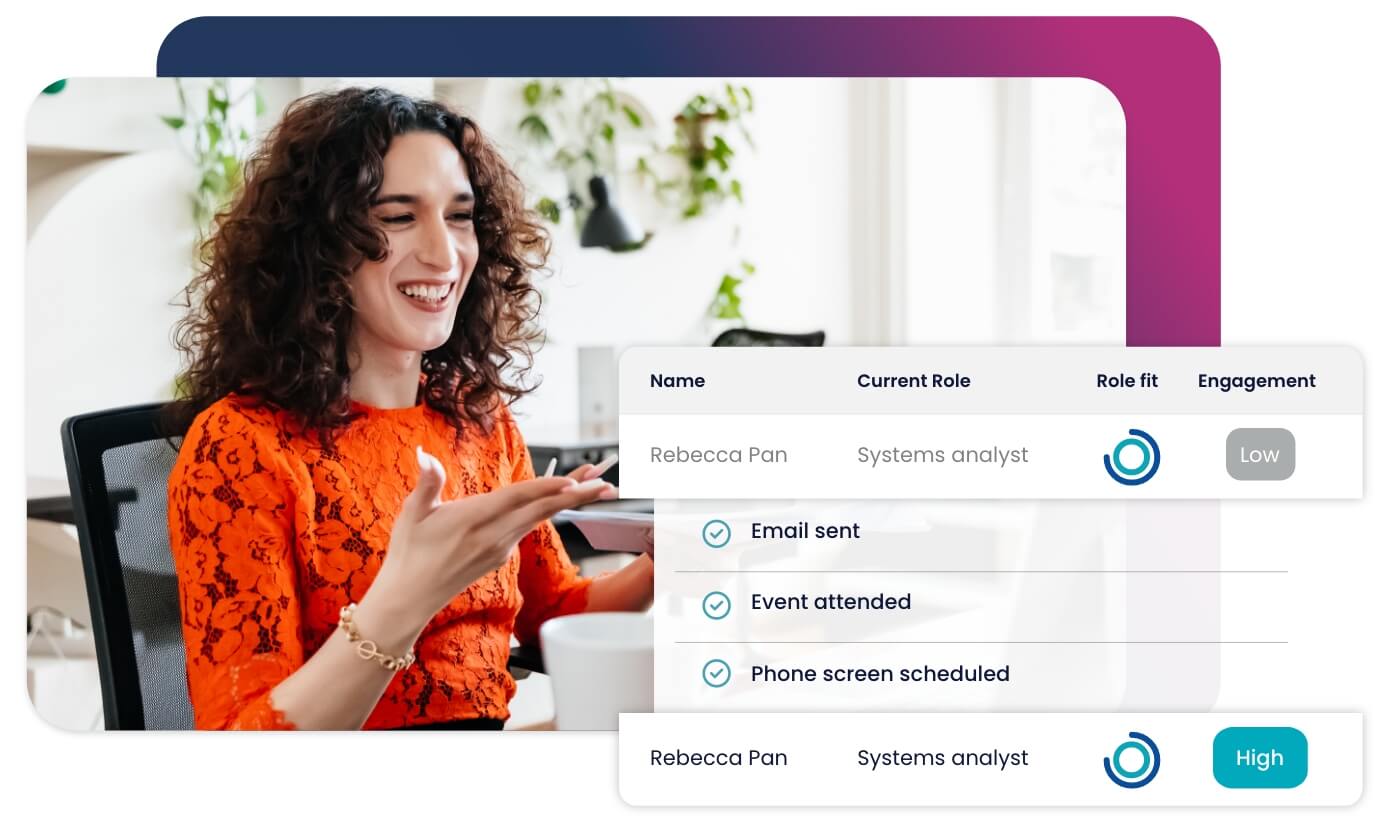



Accelerate hiring key talent to deliver care and exceed patient satisfaction.

Attract skilled candidates, speed up hiring and grow expertise in your workforce.

Simplify recruiting finance and banking talent with a platform for hard-to-fill roles.


Build a talent pipeline that engages and drives your business forward.


See how diverse and global enterprises use iCIMS to employ millions, drive innovation and connect communities worldwide.

Uncover unique market insights, explore best practices and gain access to talent experts across our library of content.


View press releases, media coverage, the latest hiring data and see what analysts are saying about iCIMS.

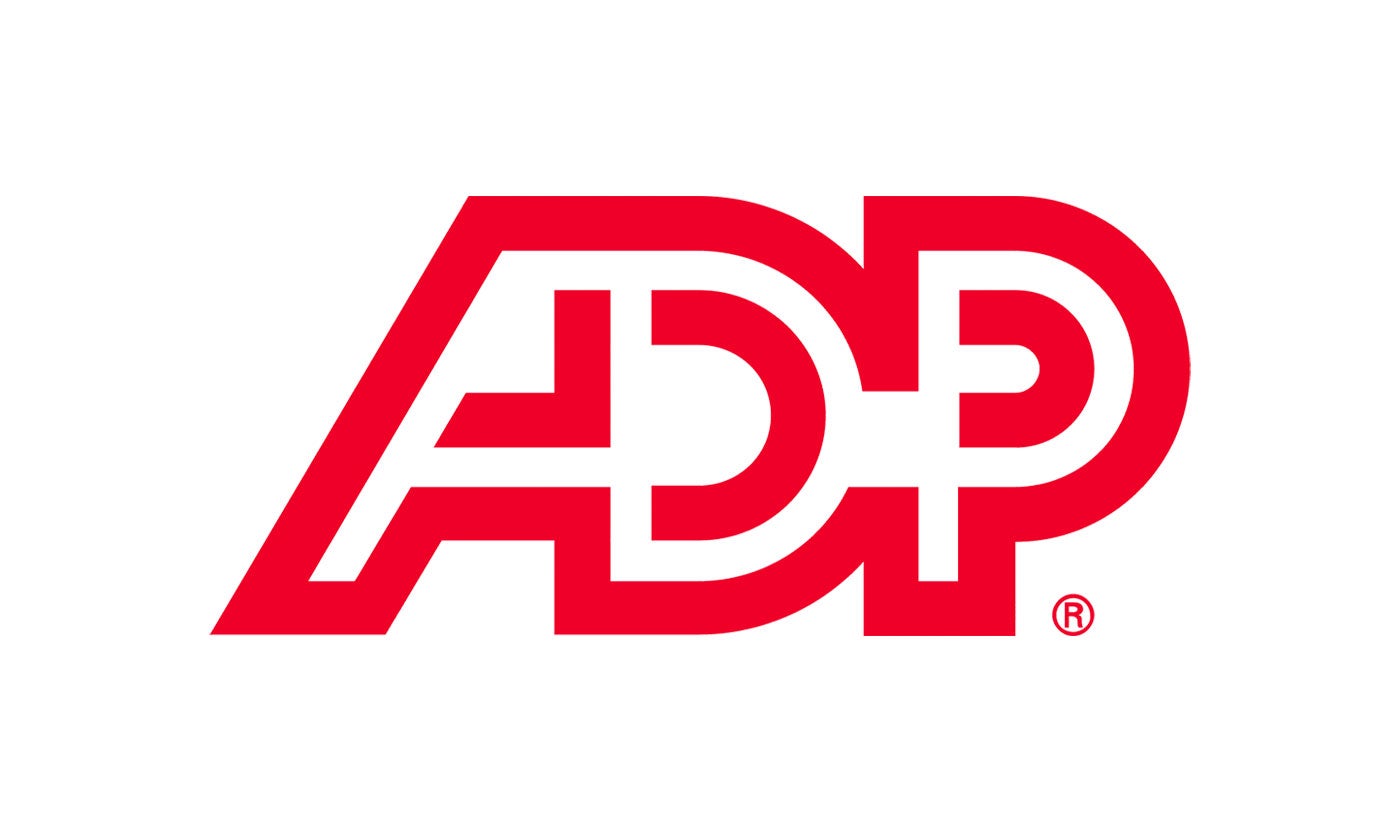
Streamline your tech stack and take advantage of a better user experience and stronger data governance with ADP and iCIMS.
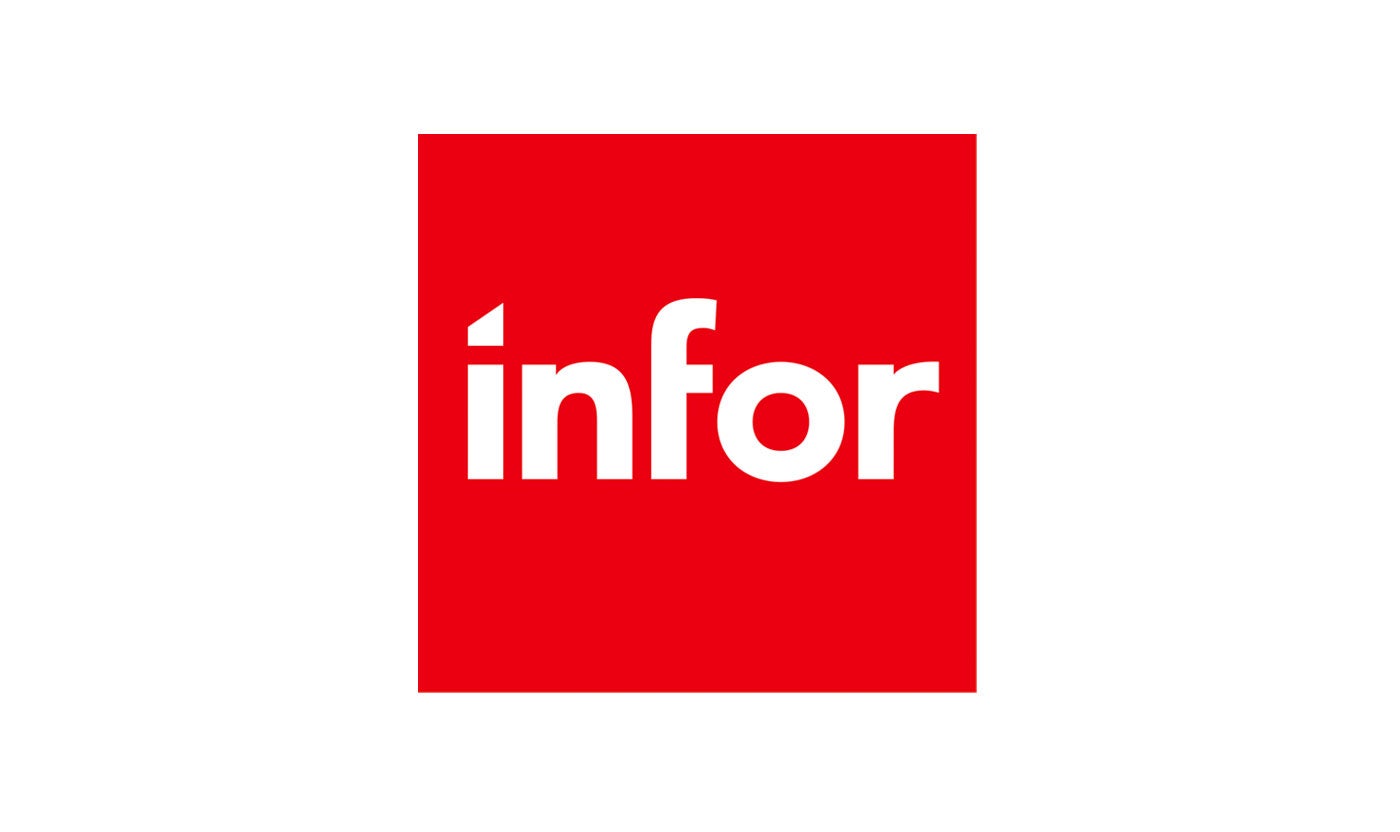
The combined power of iCIMS and Infor helps organizations strategically align their business and talent objectives.
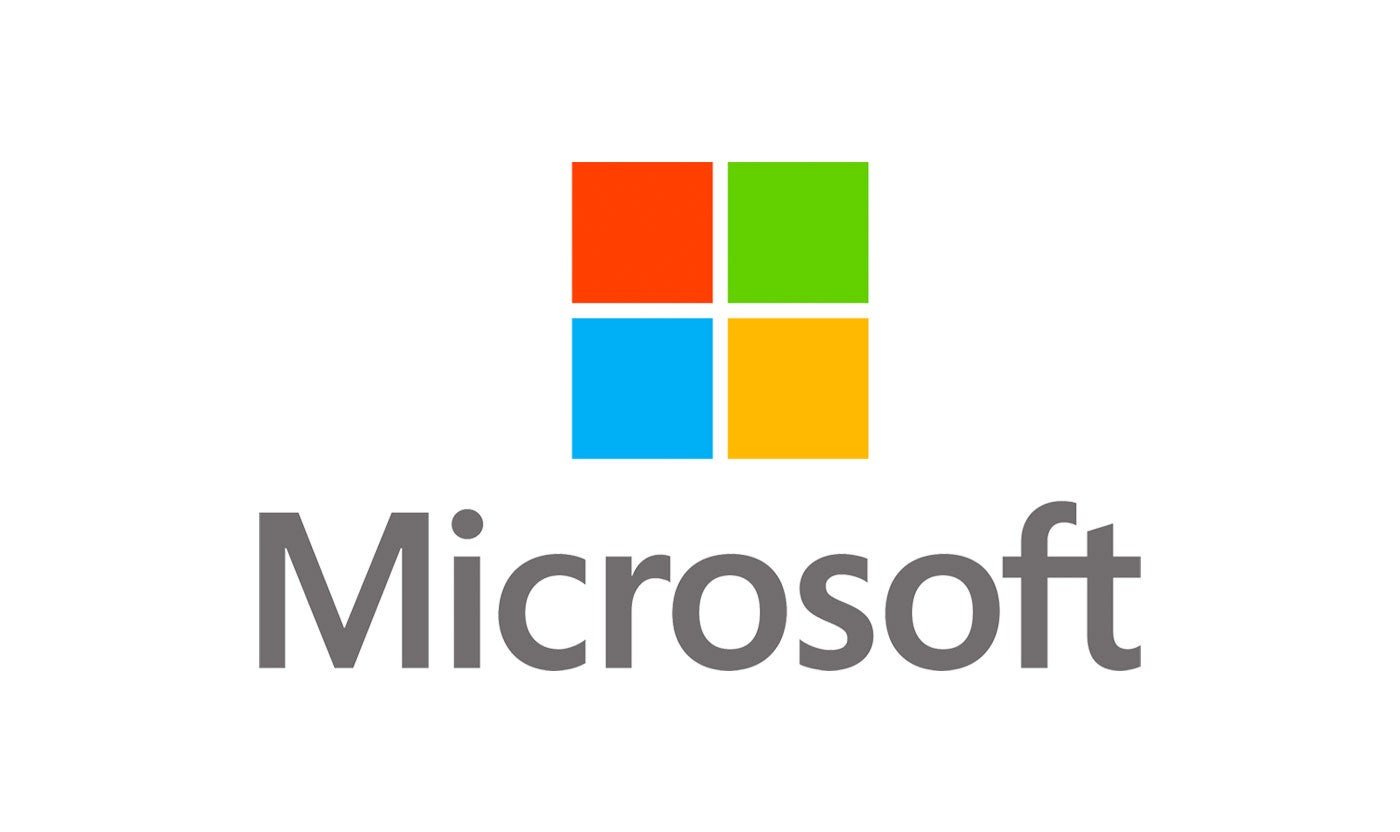
Our award-winning partnership with Microsoft is grounded in a shared desire to transform the workplace and the hiring team experience.
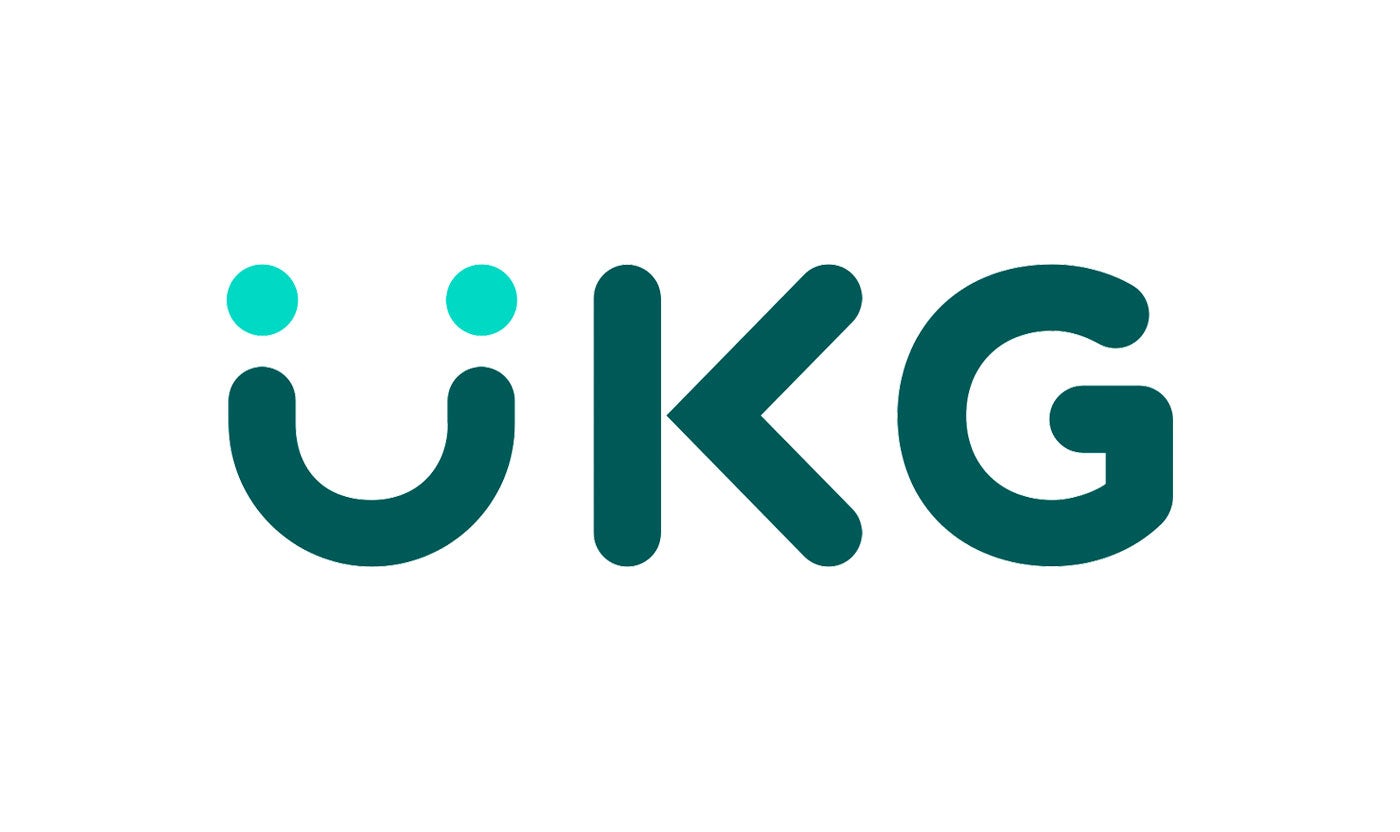
Our partnership with Ultimate Kronos Group (UKG) supports the entire talent lifecycle by bringing frictionless recruiting solutions to UKG Pro Onboarding.

CHROs are leading the way through a dynamic business environment. But are they keeping up with today’s talent demands? Our 2024 UK CHRO Report provides insight into what HR and people leaders are thinking about – including their priorities, challenges, 12-month plans and what keeps them up at night.
Let’s explore some of the highlights from the report.
CHROs want TA to be more strategic and are leaning on tech
For the full list of takeaways from CHROs and workers, check out the report here.
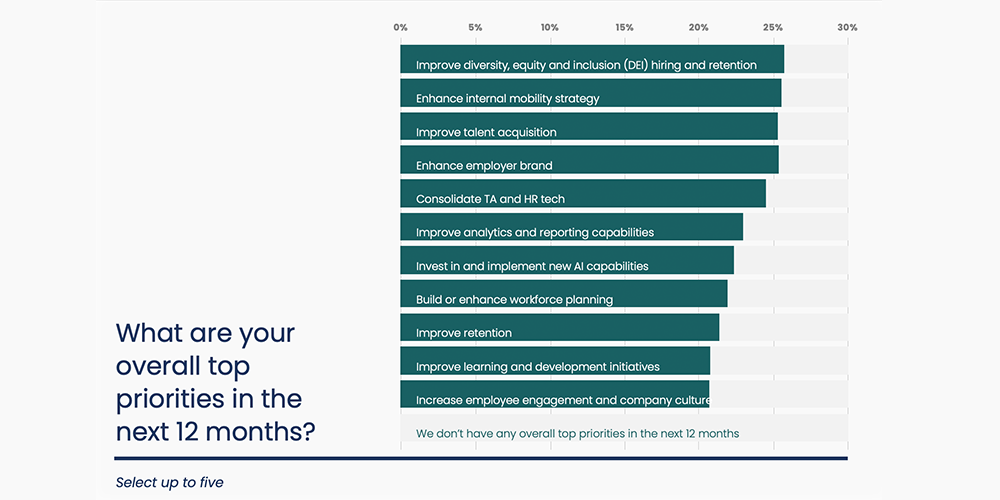
The last few years have seen big changes in how organisations operate, extreme swings in the labor market, and economic and geopolitical uncertainty. In all cases, CHROs and HR leaders have been asked to lead, direct and guide their organisations. The result is a role that’s become increasingly strategic in nature.
However, what this strategy should be is up for debate. We asked CHROs to share their top five priorities of the year, but no clear winner emerged for either HR as a whole or talent acquisition specifically. The narrow leader: improving DEI hiring and retention.
In a modern workplace, diversity is no longer a nice-to-have, and leaders know it. Over a third (35%) of CHROs even say DEI metrics are among the top three metrics they report on to their board. As a new generation of talent enters the workforce, leaders understand the need for an authentically diverse workforce – and it’s at the top of their lists.
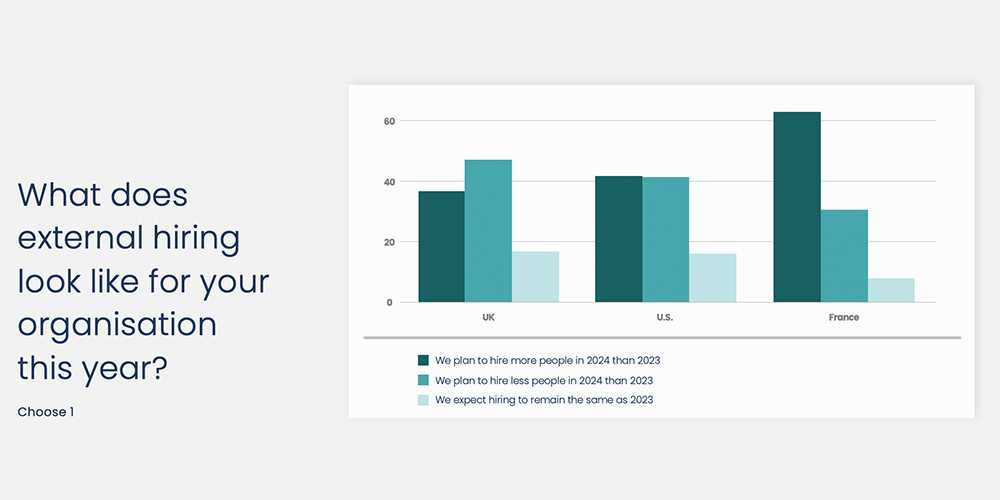
What worries CHROs the most? Nearly a quarter (24%) of CHROs in the UK say hiring swings and fluctuations are the top business concerns that keep them up at night. Meanwhile, 21% say that what concerns them most is lack of/reduced budget, and another 19% say economic uncertainty is of their top concerns. And it’s no wonder. Inflation rose to 3.2% in March of 2024.
As economic uncertainty ripples through UK organisations, internal teams face reduced budgets and limited resources to compensate for lower sales, with nearly half (47%) of CHROs planning to hire fewer people in 2024 than they did in 2023. It’s clear that economic uncertainty looms over all hiring decisions.
At a time when everyone is buzzing about AI, it would seem that HR leaders are no exception. Indeed, 69% of UK CHROs reported plans to implement the technology in recruiting processes. Of those, 23% are already using it.
According to CHROs, TA teams’ top use cases for AI are drafting candidate communications, generating interview questions, creating job descriptions, writing job postings and summarising and reporting TA data.
CHROs recognize the potential in AI to remove the burden of repetitive tasks, allowing HR professionals to focus on strategic initiatives and personal interactions. Ai is driving real change.
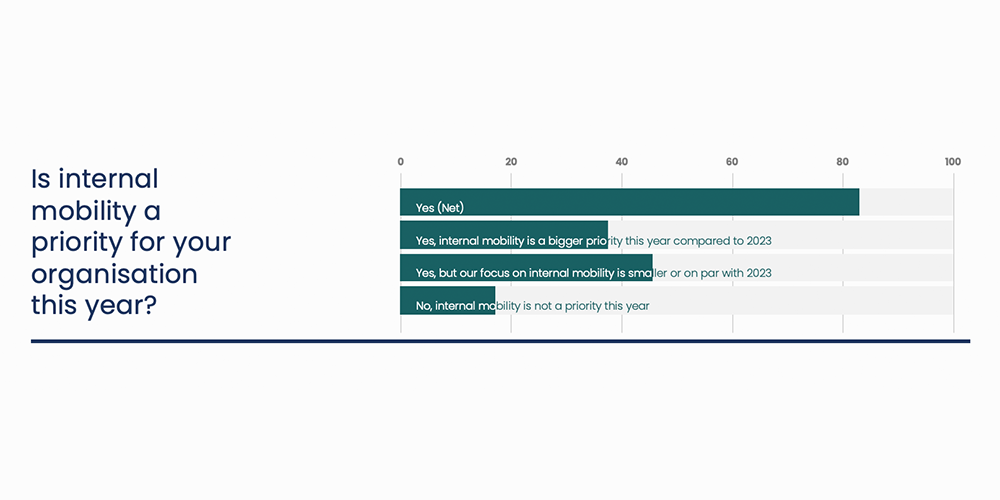
CHROs may be slowing down on external hiring in the face of economic uncertainty. However, there is a near consensus that internal hiring is the right way to go.
An overwhelming 83% of UK CHROs and chief people officers told us that internal mobility is a priority for their companies this year. More than a third (39%), say that they are actively investing in new tech to support those initiatives.
Employees continue to want growth and development. And even when hiring is at a standstill, CHROs are prepared to prioritize the talent that’s already in their organisation.
Following 2023’s challenging job market, HR leaders have had to recalibrate their hiring approaches to accommodate continued uncertainty while also cultivating workforces aligned with business objectives. And for many, this means a return to the office.
Over half (53%) of UK CHRO plan to hire fewer remote employees than last year, and only 17% say they will hire more. This is in stark contrast to our friends across the pond, with 42% of French CHROs reporting that their companies will hire more remote workers this year than last.
In just four years, a lot has changed, and for UK workers it looks like fully remote is on the decline.
When asked if they knew (without looking at their career sites) whether all job descriptions included a salary range, only 29% said that all job postings on their organisation’s career site include a salary range.
It’s worth noting that, according to iCIMS research, just under half (46%) of UK final-year university students say they wouldn’t bother applying for a job that doesn’t include a salary range.
If CHROs plan to put their candidates through robust recruiting processes, including the salary in the job posting is a must.
The role of people leaders has changed significantly in the last few years. While the role of CHRO has universally become more strategic, what individual leaders are focusing on varies. Equally, the biggest challenges, and concerns, also depend on the individual and organisation. However, CHROs are unified on a few issues, including plans to implement AI into their talent acquisition processes and an increased focus on internal mobility.
While these are the highlights, there is a lot we couldn’t cover here, including additional stats, best practices and guidance – which are covered in the full report. To read it for yourself, click here.

Rachel is responsible for bringing the iCIMS brand to life with compelling copy in the Northern European market. Based in Scotland, Rachel has a knack for storytelling and enjoys writing global content. After earning her undergraduate degree at Edinburgh Napier University, Rachel spent a number of years marketing products and services in the tech and recruitment spaces leading her to iCIMS.
When not writing, Rachel enjoys playing trad music on her violin, learning new languages and spending time with friends and family.




